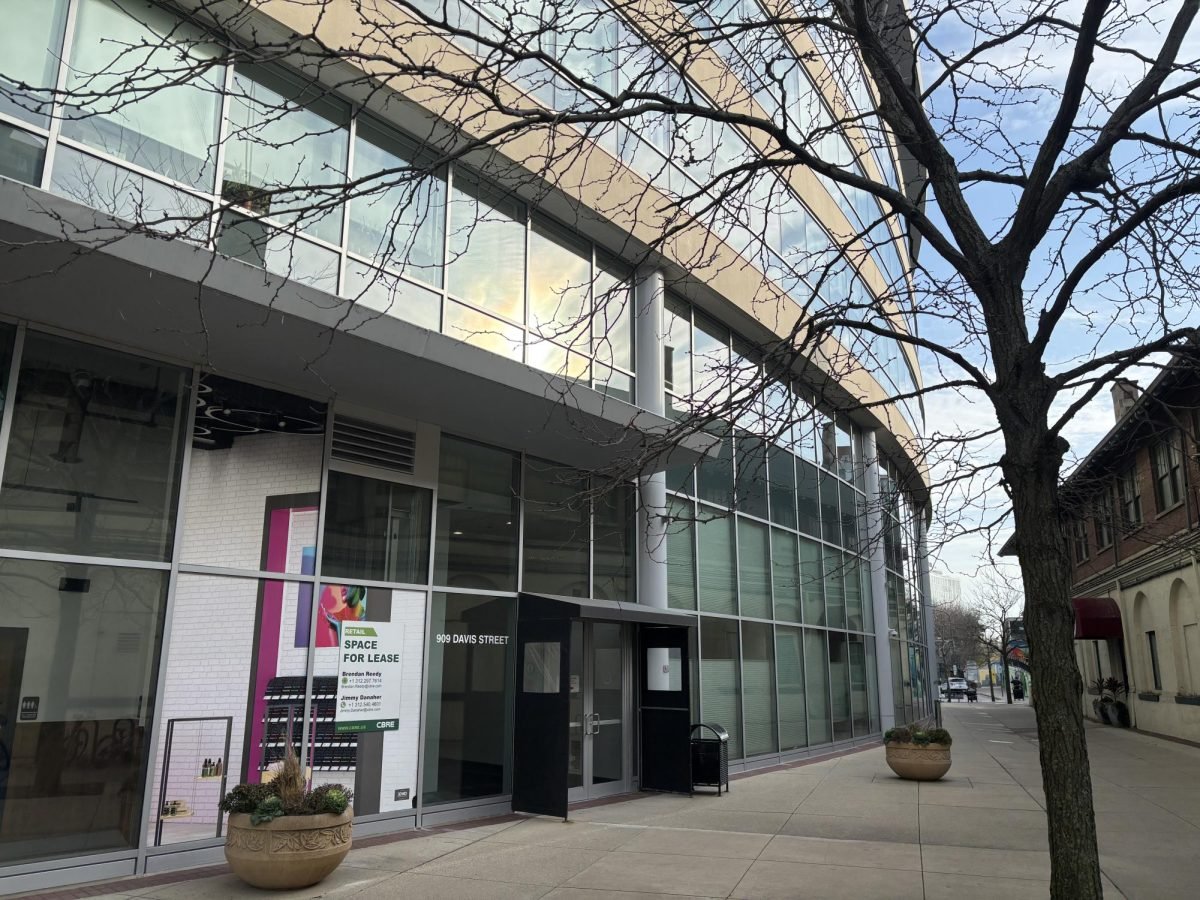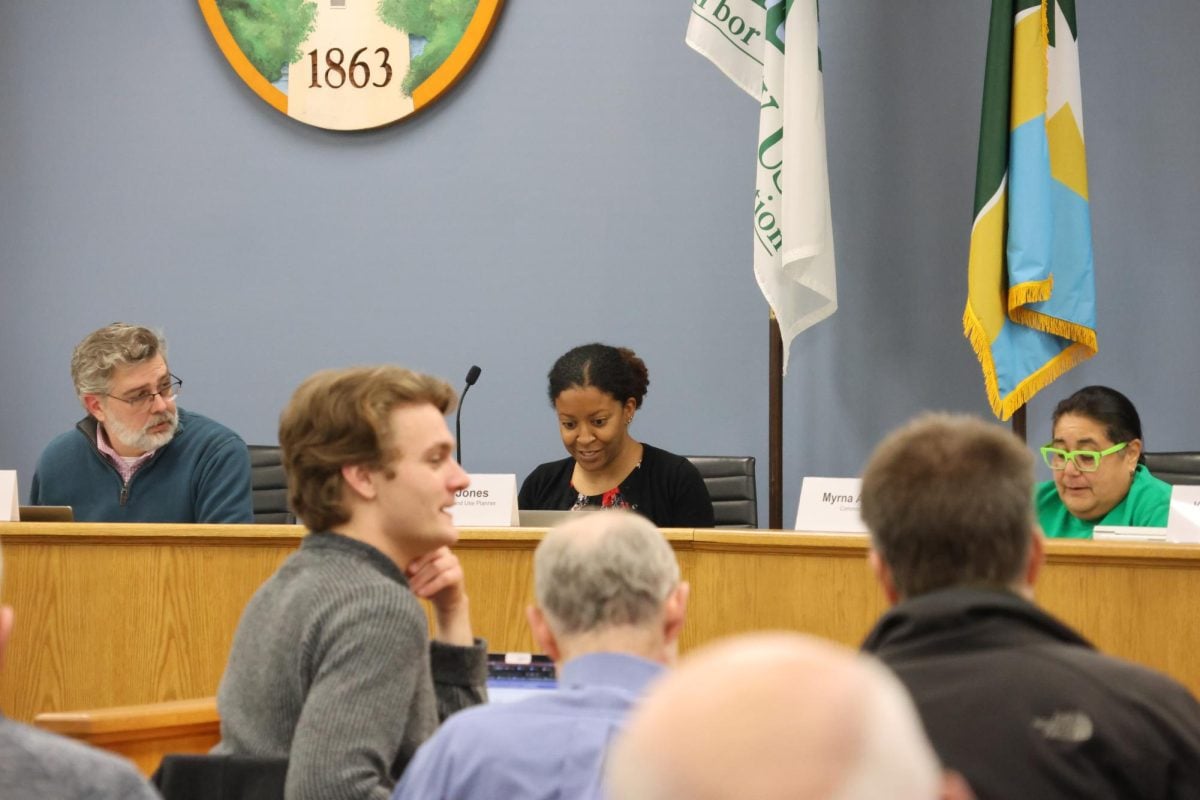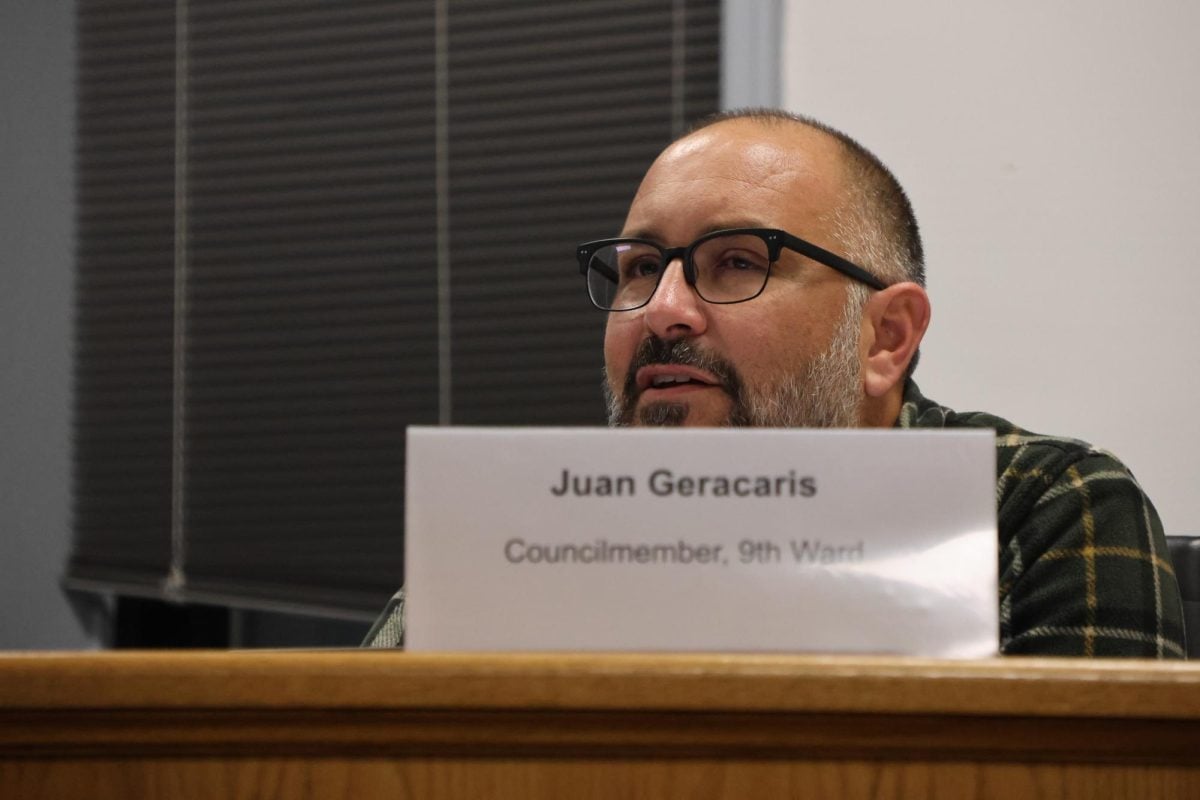The 9th U.S. Circuit Court of Appeals ruled California’s prohibition of same-sex marriage unconstitutional Tuesday, likely driving the case to the Supreme Court. Members of the Northwestern community said this decision, though restricted to one state, is an important step in the gay rights movement.
“The movement is gaining speed and is heading toward progress,” said Chris Garcia, co-student supervisor of NU’s LGBT Resource Center. “This decision presents the quality of a larger issue that NU students care about.”
California residents approved the gay marriage ban, known as Proposition 8, by a 52.3 percent vote in November 2008. Proposition 8 passed just after the California Supreme Court ruled that gays and lesbians had the right to marry.
The panel of three 9th Circuit judges, Stephen Reinhardt, Michael Daly Hawkins and N. Randy Smith, ruled in a 2-1 decision that the proposition infringed upon the equal protection rights of the two same-sex couples who initially brought the issue to court. This case led to the 2010 trial in which the recently retired Chief U.S. District Judge Vaughn R. Walker ruled against Proposition 8, according to the Los Angeles Times.
In Tuesday’s ruling, the two judges who voted against Proposition 8 made clear they were not affirming the right of same–sex couples to marry. Rather, the judges argued that the different treatment of couples under Proposition 8 violated the Equal Protection Clause of the Constitution.
Still, same-sex marriage supporters, the LGBT community and other supporters of this decision at NU said they were happy with the decision.
“It’s really great, though I am not surprised it happened,” said Zach Wichter, a Medill junior and co-president of the Rainbow Alliance. “Though it’s clear this only applies to California, it is a good galvanizing point for gays and lesbians and others involved in the movement. It shows that the courts are on our side.”
The three judges ruled based only on California law, which may prevent courts in other 9th Circuit states from using this case as a precedent, according to the New York Times. Even in California, same-sex marriages will not immediately resume due to a stay the 9th Circuit left on the decision, which will allow time for the ruling to work its way through the appeals process. Another Los Angeles Times article said supporters of Proposition 8 can either appeal this case to a larger 9th Circuit panel or take it to the Supreme Court.
Garcia, a Medill senior, said the Supreme Court is a natural next step for the California ruling.
Jacqueline Stevens, an NU political science professor, related this ruling to the larger issue of marriage as a legal institution. She said in an email the government’s definitions of marriage-enabled relationships are “not easily defensible.”
“People can develop relations of intimacy and raise children without the institution of marriage,” Stevens wrote. “Benefits from the institution should not be denied on the basis of sexual orientation.”






